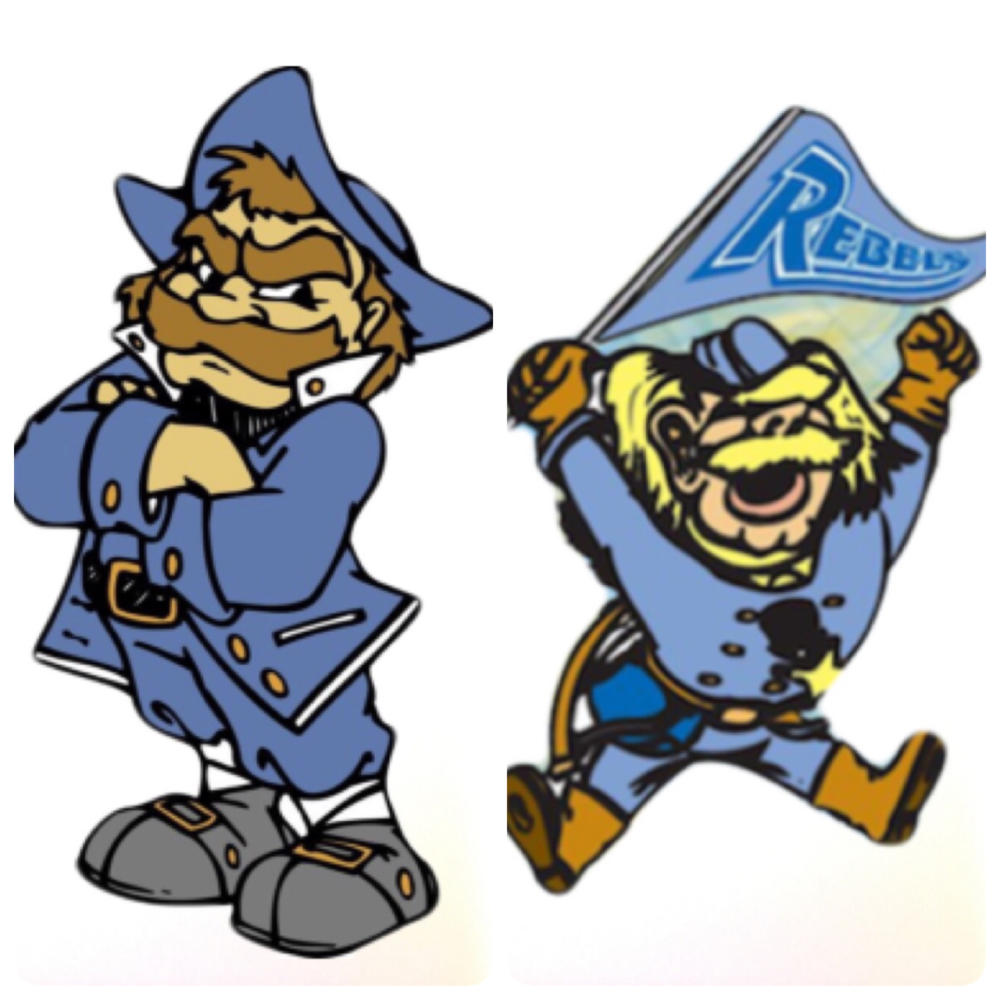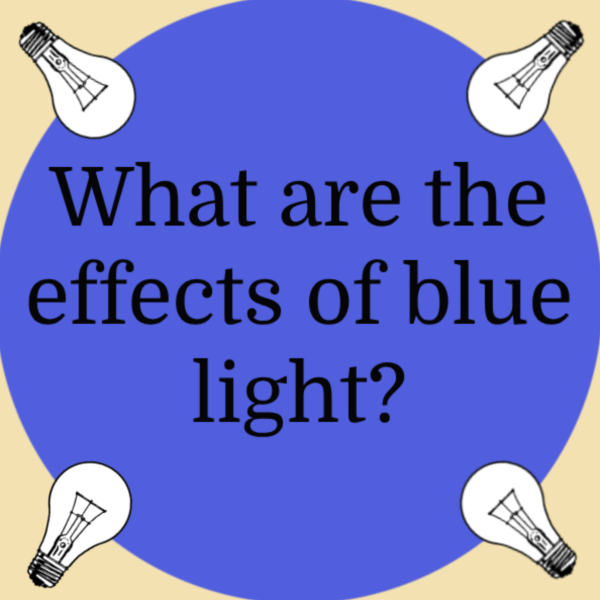Johnny Rebel: Confederate Icon?
On August 24, 2017, an article was published in the Los Angeles Times regarding Quartz Hill High School’s ties with the confederacy. The author, Chris McCormick, was a former student who shared his high school experience and the history of Quartz Hill. This article has instigated commentary about the Rebel controversy and the history of how the school came into existence.
In the year 1964, Quartz Hill High School was founded on the west side of Lancaster, which was the desired part of town at the time. Through many legal cases, the founders of QHHS fought for the location of the school and succeeded. Derived from the legal struggles, this high school was granted the well-known nickname and mascot, the Rebel. The founders did not intend for the name to be associated with the Confederacy; however, Quartz Hill continued on with that theme.
Although no harm was meant, many were, and still are, offended by the affiliation the school has with the confederacy. Due to its controversial background, the Rebel has undergone significant changes throughout the past decades. During its first few years, Quartz Hill had traditions such as Slave Day (a homecoming tradition where students were auctioned off to raise money for their clubs) and the distribution of confederate flags at games, rallies, and assemblies.
Several students, staff members, and local residents were against these practices and as a result, the controversy sparked. These concerns prompted change, as the administration removed these traditions. Adjustments were made to the Rebel mascot regarding his uniform, including the removal of weapons and a star medallion, the incorporation of a darker shade of skin and hair, and the deletion of the hat that resembled one worn by a Confederate soldier.
Sona Keshishyan, a junior who feels strongly about this topic, shared her thoughts on the controversy: “Recently, I have been hearing students talk about the controversy around school and I hear several mixed opinions. Personally, I think that our Rebel past is offensive; however, Quartz Hill should unite as one to defeat these accusations. … Many believe that Quartz Hill is still affiliated with its Confederate past, but I believe that we have come a long way since those days.”
Although most of the statements concerning Quartz Hill in his Los Angeles Times article were factual, McCormick did implement false information. One apparent mistake is McCormick’s claim regarding the continued support of the confederacy by the alumni: “…the high school’s alumni page on Facebook continues to harvest complaints and lamentations over the mascot change.” However, the Facebook page shows no evident sign of this, as the account solely functions to encourage the attendance of alumni at school events.
In addition to the alumni, a significant amount of our student body and staff are unaffected by the school mascot. One probable reason as to why people aren’t concerned about this topic is it doesn’t affect the learning process or environment in the classroom.
Mrs. Degroff, who has taught at Quartz Hill for twenty-five years, expressed her lack of interest about Johnny Rebel: “Regarding the Rebel, I do not think about it. I am not too familiar with the controversy that surrounds Johnny Rebel. All I have heard is that we are rehashing the past.”
Some believe that no further attention should be drawn towards the mascot as that fuels the controversy. Events that occurred in the past should remain in the past. However, others believe that the Rebel should be revoked. To settle this discord between the two contrasting beliefs, students were encouraged to vote and express their opinion on an online poll distributed on social media. School email addresses were required to ensure actual students were voting.
Students were asked, “Should QHHS replace Johnny Rebel as the school mascot because you believe he represents the Confederacy?” There was an obvious majority of the 89 respondents: 79.8% believe Johnny Rebel should not be replaced.
Candice Shihady, a junior who is part of that 79.8%, stated her opinion: “Although I strongly disagree with what [Johnny Rebel] represents and the Confederate flag, I don’t think that he should be replaced because that would completely change the entirety of our school’s representation. I think that Johnny Rebel signifies an important part of history, and I don’t think it would do any good to replace him, so we might as well just keep him as our mascot because that is what it’s been for so long. Furthermore, having him as our mascot hasn’t negatively affected Quartz Hill in any way.”
On the contrary, Simone Decker, a senior who is a representative of the remaining 20.2%, revealed her reason behind her decision: “The mascot is outdated, and it would be optimal to get a new mascot that is less controversial. There is no reason to have a mascot that is offensive to any students, when a mascot is meant to be a symbol to rally all the students behind.”
Even though there were, and still are, two contrasting views, Johhny Rebel was not a prevalent topic discussed on campus until the Los Angeles Times article attracted attention from many QHHS attendees and alumni. Nonetheless, it is important to recognize how far Quartz Hill has come despite all the obstacles that were faced. Essentially, we should progress as a school to overcome these allegations, and our future shall not be defined by our past.

Hello, my name is Amrita Sandhu. After school, I usually do homework, dance, play violin, or golf. Still, the majority of my time is spent watching a lot...

Hello, my name is Aleksandra Brajanovska! I am of Macedonia descent, and I am trilingual. I spend my free time reading, watching mystery shows, and going...





